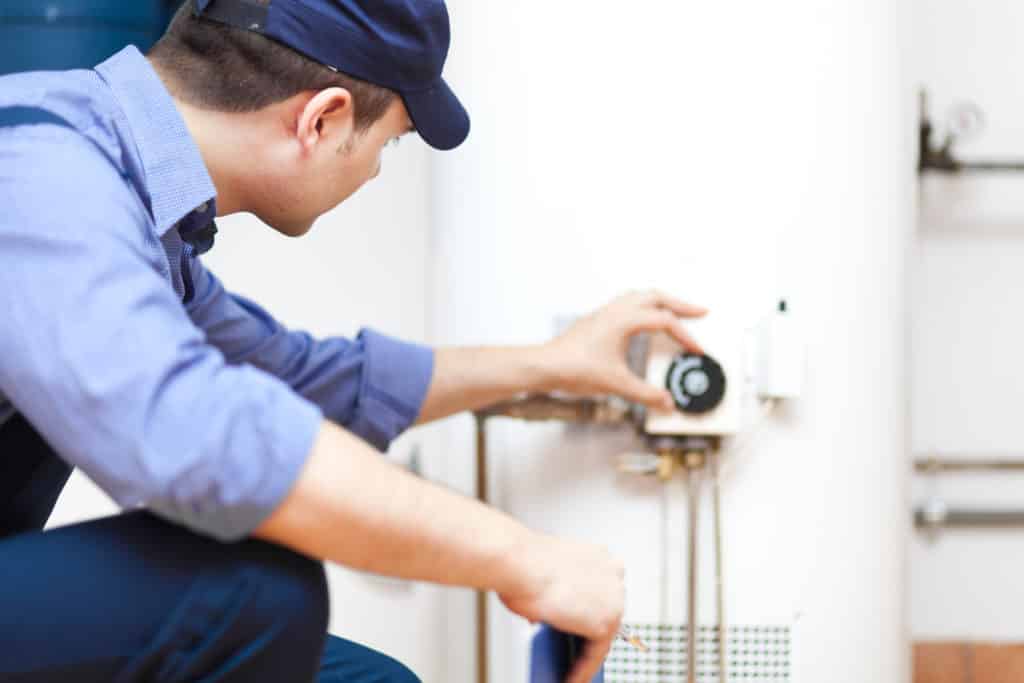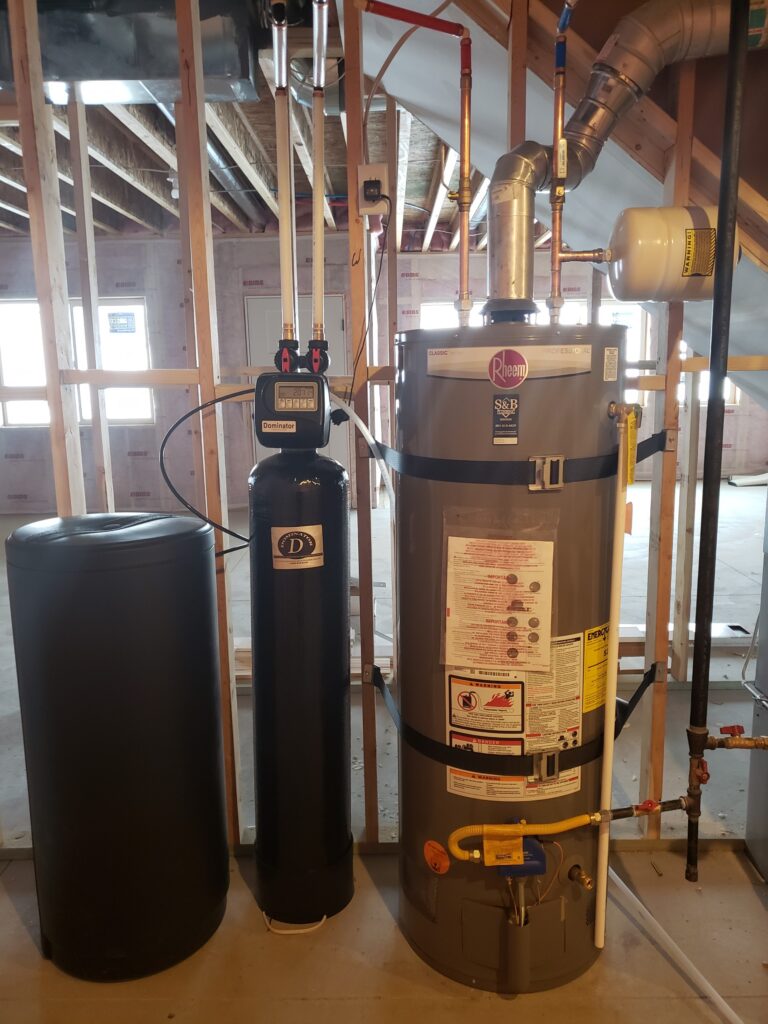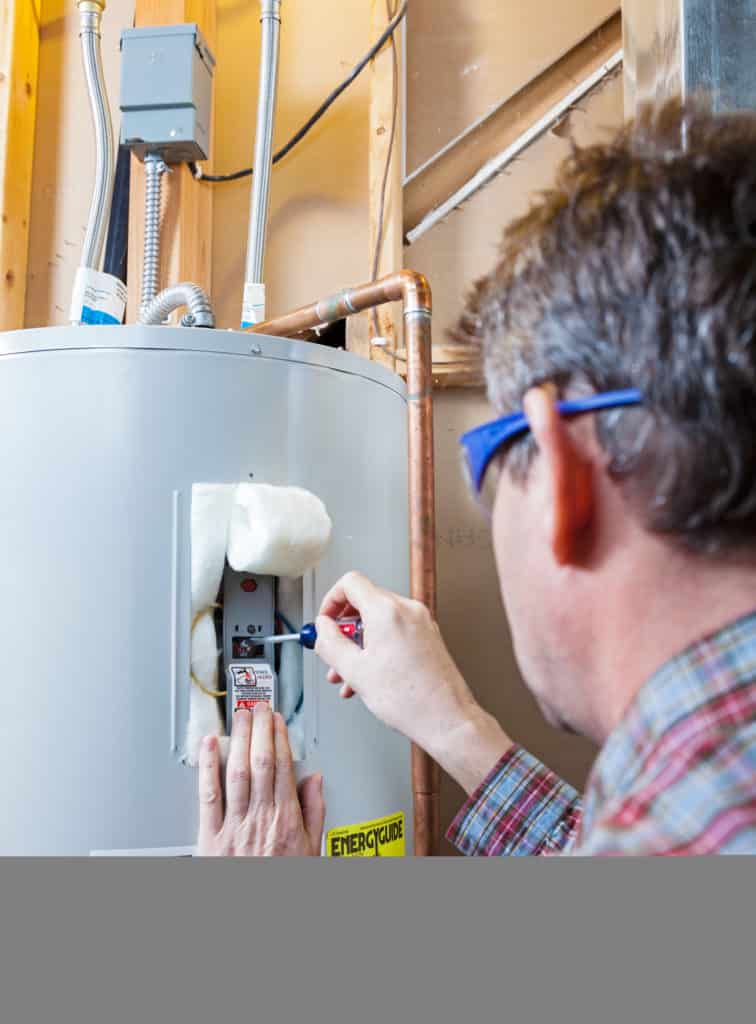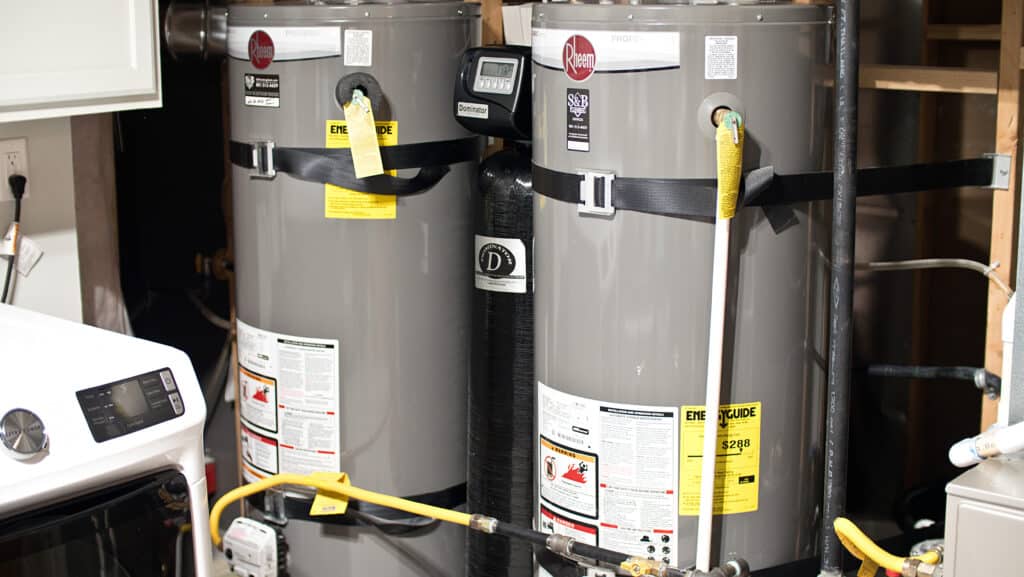
Finding a water heater that works for your home can be a challenge. There are different sized storage tanks and heating capabilities that can work better for certain homeowners. The size of your home, how many people live there, and what you use your hot water for will help determine the correct sized water heater for your home. Working with a professional plumber can help take the stress off of your shoulders as the homeowner.
Understanding Different Types Of Water Heaters
As our world continues to evolve, the types of water heaters also continue to evolve. Multiple types of water heaters can work for your home. This makes the process of choosing the correct sized water heater even more confusing. Here are some of the most common types of water heaters that work best for residential homes.
Storage Tank Water Heaters
These are the most common water heaters that have been placed in homes for many years. These water heaters heat water and then store it in a tank until it is needed. It has to keep the water at the right temperature until you need it for showering, washing dishes, or washing your clothes. This makes them less energy efficient than other types but works well for smaller families.
Tankless Heater
Tankless water heaters heat water on demand so you have it quickly when you need it most. They are more energy efficient since they only work to heat water when you need it and don’t heat any more than necessary. Tankless water heaters are typically smaller, so if you utilize a large amount of hot water, tankless may not be the best option for you.
Solar Water Heater
Utilizing the help of the sun can improve your access to hot water. Since the sun is a renewable resource, you will be able to heat water faster while limiting your impact on the environment. These heater types are more efficient than other types of water heaters and typically last longer. Their durability makes them a great choice for older homes or those with young children who will be in the home for many years.
Hybrid Water Heater
A heat pump can help heat water by pulling heat from the air and transferring it to your storage tank. These heater options are more efficient than other options but they need to be used in areas where the temperature is 40 to 90 degrees Fahrenheit year-round. If you live in a colder climate, they can be placed in furnace rooms to help pull that heat to maintain your hot water.
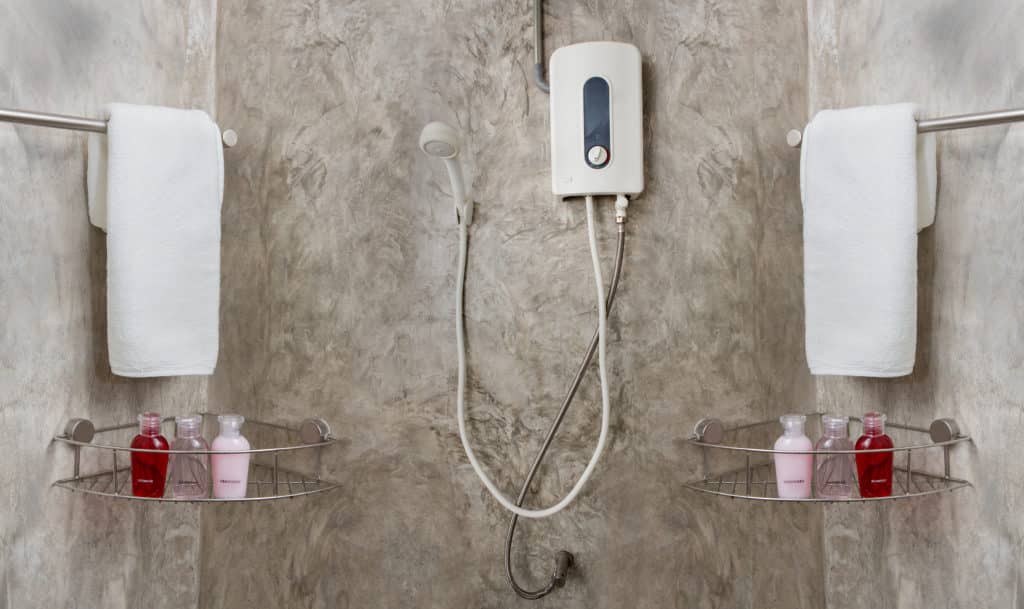
The Number Of People In Your Home Will Determine The Correct Sized Water Heater
The number of people who live in your home will impact how much hot water you need daily or weekly. As more people shower, use dishes, wash clothes, or complete hobbies the more your hot water needs will rise. Here is a basic guide of how many gallons your water heater should provide based on the number of people living in a residence.
- 1 to 2 people: 23 to 36 gallons
- 2 to 4 people: 36 to 46
- 3 to 5 people: 46 to 56
- 5 or more people: over 56 (10 additional gallons for each additional person)
These averages will help homeowners choose the correct sized water heater that can keep up with the demands of your family.
Tankless Water Heaters Vs. Traditional Water Heaters
Utilizing tankless water heaters is a more energy-efficient option for a home. They heat the water on demand and don’t store it in a tank like traditional heaters. This helps prevent heat loss and excessive energy usage. Choosing the correct sized water heater will prevent water and energy waste, which makes your home sustainable.
Tankless water heaters are smaller, which gives you more useable floor space. Traditional heaters are bulky and usually need to be installed in a boiler room, laundry room, or basement. Tankless options can be placed in more discreet places, or in your bathroom.
Traditional water heaters are typically less expensive to install and only require periodic flushing as routine maintenance. Tankless heaters have a more complex installation and will need maintenance like descaling and flushing.
Consider The First Hour Rating
Another factor that will help you choose the right water heater size for your home is the first-hour rating (FHR). This is how much hot water a tank can produce in a single hour when it’s fully heated. This will give you an idea of how the heater will handle usage during peak times of the day.
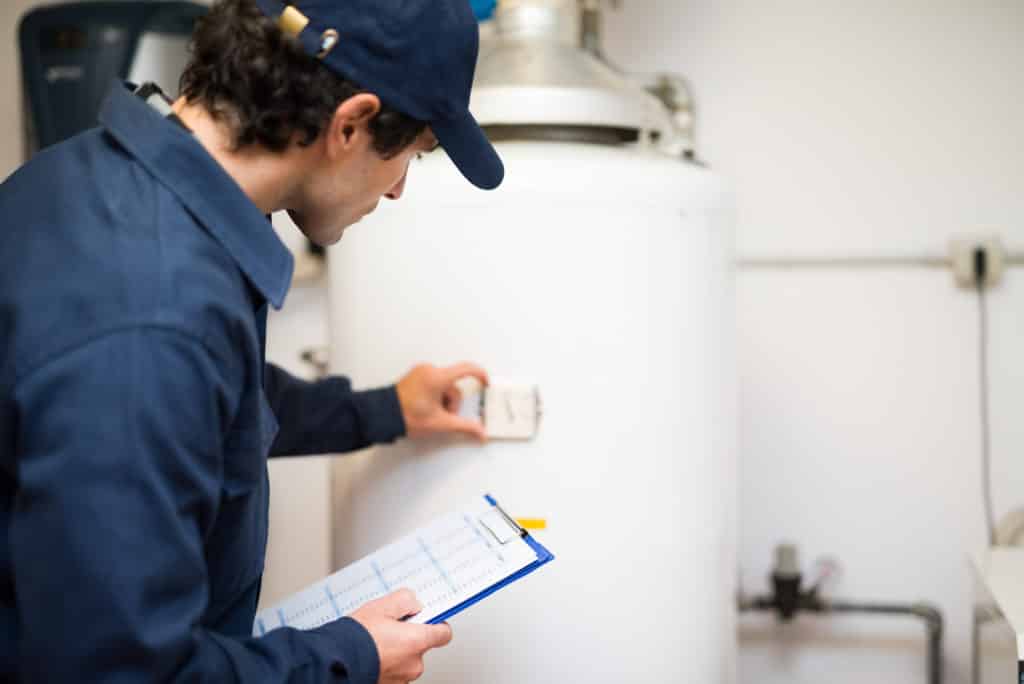
You want to find a heater that exceeds the average number of gallons needed for common activities. If the hot water can keep up with multiple activities simultaneously, it is a good choice for a home.
Typically bathing or running a dishwasher takes about 15-20 gallons. Hand washing or shaving uses about 2-3 gallons. Washing clothes takes about 30 gallons.
Water Heaters From S&B Plumbing
Our plumbers can help install a new water heater in your home or business and help you choose the correct sized water heater for your home. We offer tankless and traditional water heaters for all types of families. S&B Plumbing has the most experience of any Utah plumber, which means that you can have peace of mind about the current state of your home. Our plumbers treat you like family. Work with S&B Plumbing and take your residential plumbing to the next level.

